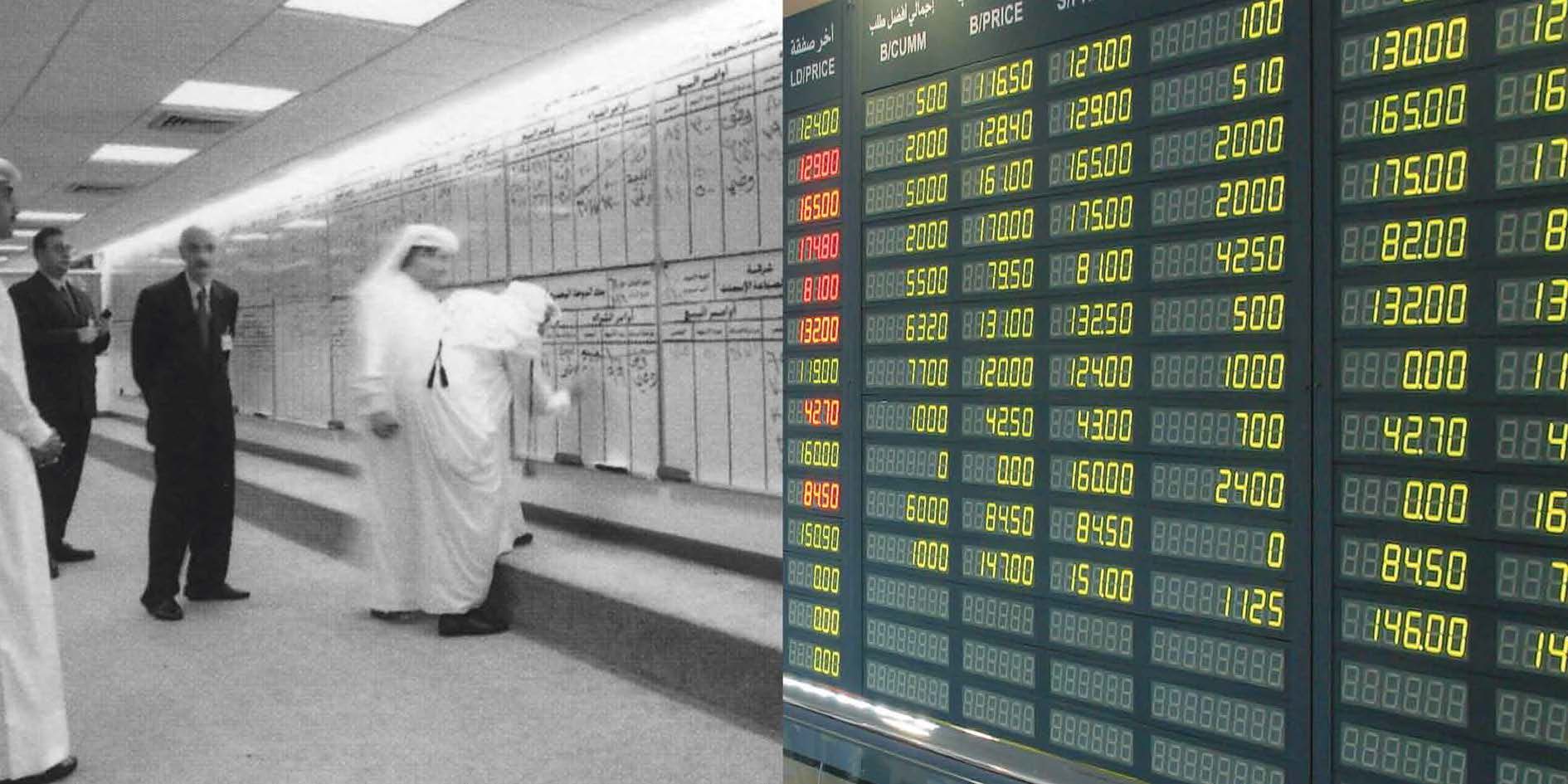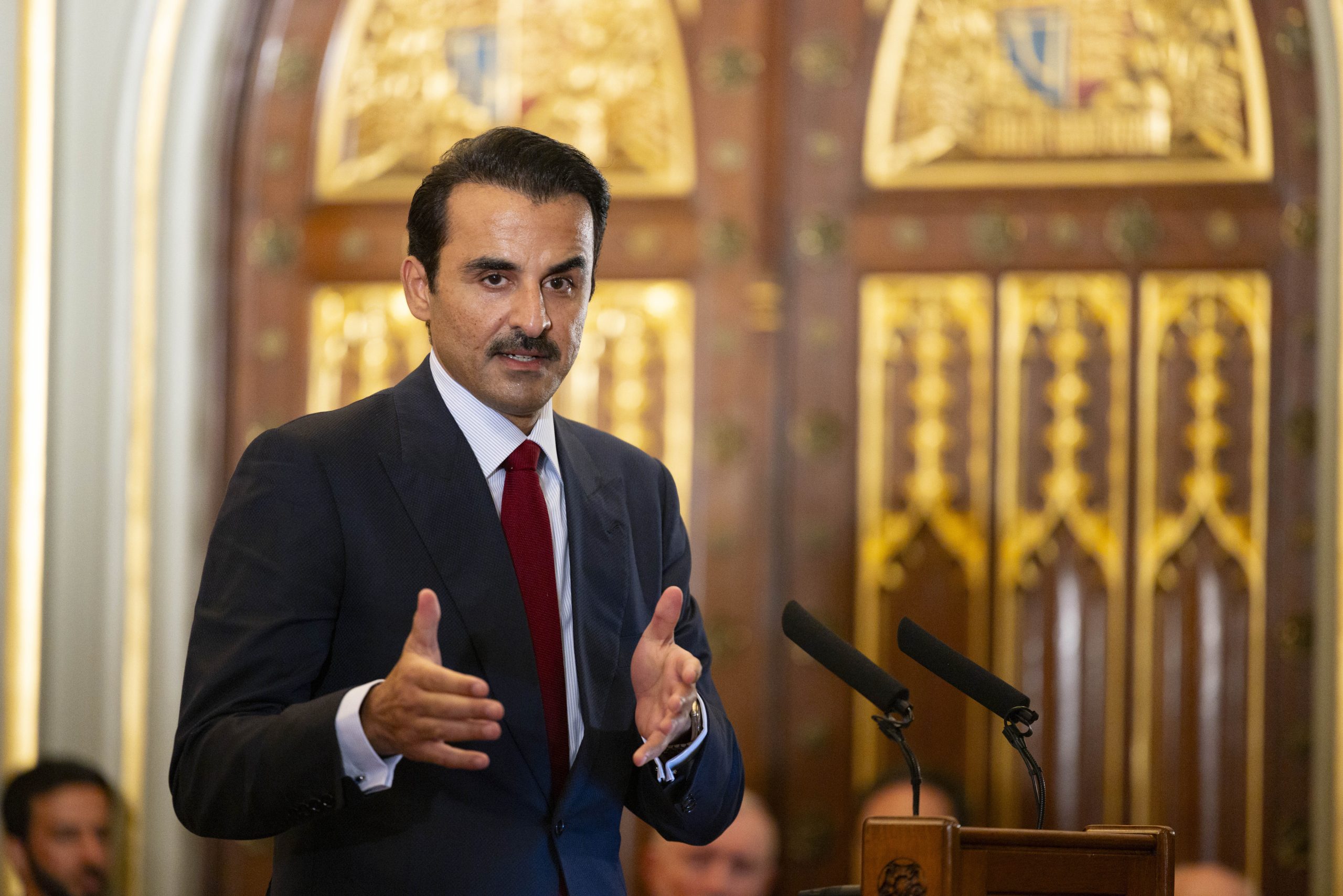
It’s been a wild ride for investors on the Qatar Exchange over the last couple of years.
Between July 2012 and the start of this month, the market’s main index rose by nearly two-thirds and reached an all-time high. But then, share prices started to decline, with the index plunging more than nine percent this month alone.
So what’s going on in the country’s financial market?
Frontier emergence
The Qatar Exchange started its uneven upwards climb in mid-2012, but it was an announcement slightly more than a year ago by US-based financial services giant MSCI that added fuel to the recent stock market rally.
MSCI compiles financial indices of various stocks, bonds and other investment vehicles from around the world that are used as benchmarks by fund managers.
The firm had previously classified Qatar as a ‘frontier’ market, a category generally comprised of smaller economies with foreign investment restrictions. On June 11, 2013, however, it announced that Qatar, along with the UAE, would be upgraded to ’emerging market’ status.
The long-term impact of this is likely to be billions of additional dollars invested in the stock exchanges of the two Gulf countries, as fund managers who follow MSCI’s emerging market indices purchase equities from Qatar and the UAE.
While MSCI announced its intentions to upgrade Qatar’s status in June 2013, the actual reclassification didn’t occur until the end of this May – and that’s when so-called passive investors, who generally follow indices, began to move their money into Qatar.
But many ‘active’ investors, who try to outperform indices, jumped into the local market ahead of time, anticipating that the pending upgrade would attract more buyers and increase demand for Qatari stocks.
“As investors began to digest (the announcement of the pending upgrade), active investors began to position themselves,” Vijay Sumon, the Dubai-based director of global equity quantitative research at HSBC, told Doha News.
The result was a huge surge. Between the time MSCI announced its intentions and the actual upgrade, Qatar’s stock exchange rose 45 percent. Amid heavy trading volumes, it hit an all-time high on June 1 as passive emerging market investors began to move in.
The correction
It wasn’t to last, however. The stock market began to slide the next day, just as many were reading the first of a series of articles published by the Sunday Times alleging Qatar bribed FIFA executive committee members to help secure support for its bid for the 2022 World Cup.
The accusations sparked much debate in the sporting world, with many commentators suggesting Qatar could lose the rights to host the football tournament.
That prompted some to speculate that investors were jittery about this prospect, which would force the country to abandon its stadium and infrastructure spending plans.
However, many analysts also argued the country’s economy was strong enough to absorb the potential loss of the tournament.
“The World Cup was icing on the cake, but it won’t damage corporate earnings in a significant manner,” Arjuna Mahendran, chief investment officer at the wealth management unit of Dubai-based Emirates NBD, told Bloomberg.
The other explanation for the dip was that many of the early investors who had bought in before the upgrade were simply cashing out.
“The market had gone up because of the MSCI inclusion and there is profit-taking now,” Shakeel Sarwar, the Bahrain-based head of asset management at Securities & Investment Co., told Reuters.
Indeed, even before the sell-off began, some analysts had suggested stocks in Qatar were overpriced, an argument that Khalid Al Khater, director of research and monetary policy at Qatar Central Bank, hinted at as he tried to reassure investors amid the slide:
“This is a temporary correction. The Qatari stock exchange was upgraded to emerging market status. The market was expecting this. This was the reason for the increase. This, in my opinion, is just temporary. The economic fundamentals in Qatar (are) so strong. This shouldn’t be a problem … I wouldn’t worry much,” he said in an interview with CNBC.
Outlook
HSBC’s Sumon has told Doha News that with the MSCI upgrade complete, the recent market volatility should wane.
“Now, the focus will have shifted from the re-balance to the fundamentals,” he said.
Looking ahead, Sumon noted that Qatar authorities made the local stock market even more attractive to foreign investors late last month when foreign ownership limits on publicly traded companies were raised from 25 percent to 49 percent, making it easier for capital to flow into the country.
Thoughts?







